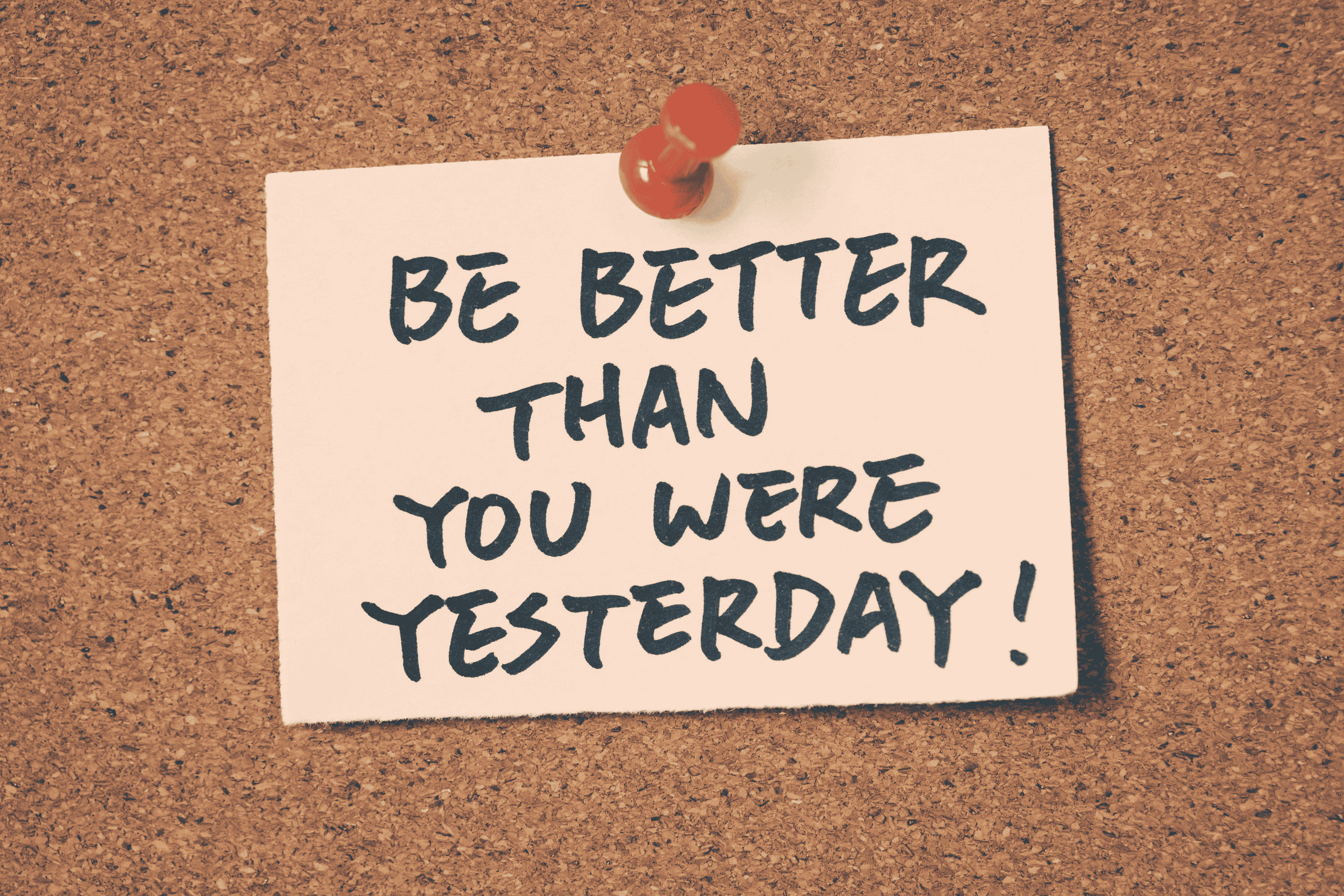
The Power of Gratitude: Resolutions for a Positive Mindset
In recent years, the science behind gratitude has garnered increasing attention from researchers, with numerous studies highlighting its profound impact on mental and emotional well-being. According to a 2023 study published in the Journal of Positive Psychology, practicing gratitude can significantly improve mood, reduce stress, and even improve overall health by boosting the immune system. Gratitude, once considered just a “nice to have” emotional practice, is now recognized as a powerful tool in achieving a positive mindset and mental resilience. As we approach a new year, it’s the perfect time to explore how making resolutions to practice gratitude can lead to lasting improvements in your well-being and how you approach life’s challenges.
Experts in psychology, like Dr. Robert Emmons, a leading researcher on gratitude at the University of California, argue that gratitude is more than just saying “thank you.” It’s a state of mind that can shift your perspective on life, help you overcome negativity, and foster a sense of peace. In his research, Dr. Emmons found that people who regularly practiced gratitude had lower blood pressure, better sleep, and a stronger immune system, while also reporting higher levels of happiness and satisfaction with life.
In this post, we’ll dive into the power of gratitude, how it influences our mindset, and offer practical resolutions that you can adopt for a more positive year ahead. Whether you are familiar with the concept or are just starting to explore it, there’s no better time to begin integrating gratitude into your daily life.
The Science Behind Gratitude: Why It Works
Gratitude isn’t just a feel-good concept—it’s backed by hard science. In 2020, researchers at the University of New South Wales conducted a study that revealed a direct link between gratitude and mental well-being. The study found that individuals who kept a daily gratitude journal for just two weeks reported significant reductions in symptoms of depression and anxiety. This effect was more profound in people who expressed their gratitude in detail, focusing on specific events or people that they appreciated.
Additionally, a 2022 article in Psychology Today emphasized that practicing gratitude can rewire the brain. The act of appreciating the good things in life activates the brain’s prefrontal cortex, which is associated with positive emotions and goal-directed behavior. In other words, gratitude not only makes us feel better in the moment, but it also helps us foster long-term positivity by strengthening the brain’s pathways to happiness.
Dr. Alex Korb, a neuroscientist and author of The Upward Spiral, explains that gratitude works as a feedback loop. When we express gratitude, our brain releases dopamine, a neurotransmitter associated with pleasure. This makes us more likely to engage in positive behavior, further enhancing our sense of well-being.
How Gratitude Transforms Your Mindset
As we embark on resolutions for the New Year, the importance of cultivating a positive mindset cannot be overstated. A positive mindset enables us to face challenges with confidence, approach life with curiosity, and embrace growth opportunities.
1. Shifting Focus from Negative to Positive
One of the greatest benefits of gratitude is its ability to help us reframe our mindset. In a world where negative news often dominates, it’s easy to fall into a cycle of stress and frustration. Gratitude, however, trains the brain to focus on what’s good in our lives. When we regularly acknowledge the things we are thankful for—whether it’s a supportive friend, a fulfilling job, or even just a beautiful sunset—we begin to see life through a more positive lens.
2. Boosting Emotional Resilience
Life is full of ups and downs. But gratitude can help us build emotional resilience. A 2021 study from the Journal of Personality and Social Psychology found that people who practiced gratitude were more likely to bounce back from stressful situations. This is because gratitude helps individuals keep a balanced perspective, reminding them that despite challenges, there are always things to appreciate and be thankful for.
3. Enhancing Relationships
Gratitude is also a key factor in building stronger relationships. In a 2018 article on Greater Good Science Center, Dr. Emmons explains that expressing gratitude to others strengthens social bonds and encourages reciprocity. Saying “thank you” to a loved one, coworker, or friend makes them feel valued and appreciated, and it encourages positive interactions. Over time, this contributes to a deeper sense of connection and mutual support.
5 Resolutions for Cultivating Gratitude in the New Year
Now that we understand the science behind gratitude and its impact on mindset, it’s time to explore practical ways to incorporate it into our daily lives. These resolutions can help you harness the power of gratitude for a more positive and fulfilling year.
1. Start a Daily Gratitude Journal
One of the simplest and most effective ways to practice gratitude is by keeping a journal. Set aside a few minutes each day to write down three things you’re thankful for. They can be big or small—anything that brings you joy, peace, or comfort. Research from the Journal of Clinical Psychology shows that this practice can improve your mood, boost your overall well-being, and even promote better sleep.
Resolution Tip: If you struggle to get started, try using prompts like “What made you smile today?” or “Who made a positive impact on your life this week?”
2. Practice Gratitude Meditation
Meditation is another excellent way to deepen your gratitude practice. According to a study published in Psychological Science, combining meditation with gratitude can reduce stress and improve mental clarity. You can practice gratitude meditation by simply sitting in a quiet space, closing your eyes, and reflecting on the things you are thankful for.
Resolution Tip: Start with five minutes of gratitude meditation each morning or evening. Focus on different aspects of your life that bring you joy, and let that positive energy set the tone for your day.
3. Write Gratitude Letters
Another powerful way to express gratitude is by writing letters to those who have made a positive impact on your life. Research published in The Journal of Positive Psychology shows that writing letters of gratitude can lead to long-term increases in happiness. Even if you don’t send the letter, the act of writing can help you reconnect with your appreciation for others.
Resolution Tip: Aim to write one gratitude letter each month. It could be to a friend, mentor, colleague, or family member who has made a difference in your life.
4. Focus on Gratitude During Challenging Times
It’s easy to be thankful when things are going well, but gratitude can be even more powerful during difficult times. A study from The University of Miami found that people who practiced gratitude during times of adversity had better mental health and were more likely to find solutions to their problems. When facing challenges, take a moment to acknowledge the lessons you’re learning or the strength you’re developing.
Resolution Tip: When you’re facing a tough situation, try to identify one thing in that experience you can be grateful for—whether it’s personal growth, support from others, or a new opportunity.
5. Express Gratitude Regularly to Those Around You
Finally, make it a point to express gratitude to others. Whether it’s a simple “thank you” or a more elaborate gesture, showing appreciation strengthens relationships and fosters a positive environment. Dr. Emmons notes that practicing gratitude in relationships can lead to increased satisfaction and better communication.
Resolution Tip: Set a goal to express gratitude to at least one person each day. It could be as simple as thanking a colleague for their help or telling a friend how much you appreciate their friendship.
Conclusion: Making Gratitude a Habit
Incorporating gratitude into your daily life isn’t just a New Year’s resolution—it’s a lifestyle change that can transform your mindset and improve your overall well-being. By adopting simple practices like journaling, meditation, and expressing appreciation to others, you can unlock the full benefits of gratitude. As the research shows, these small acts can lead to long-lasting improvements in mental health, emotional resilience, and happiness.
So, as you make your resolutions for the new year, consider adding gratitude to the list. The positive effects will ripple through every area of your life, bringing more joy, fulfillment, and connection in the year ahead.
References:
- Emmons, R. A. (2023). The Science of Gratitude. Journal of Positive Psychology.
- Korb, A. (2022). The Upward Spiral: Using Neuroscience to Reverse the Course of Depression. Psychology Today.
- McCullough, M. E., et al. (2021). Gratitude and Well-Being: The Science of Happiness. Journal of Personality and Social Psychology.
- Greater Good Science Center. (2018). The Science of Gratitude. UC Berkeley.
- Psychology Today. (2022). Gratitude and the Brain.
- Journal of Clinical Psychology. (2020). Benefits of Daily Gratitude Journaling.












